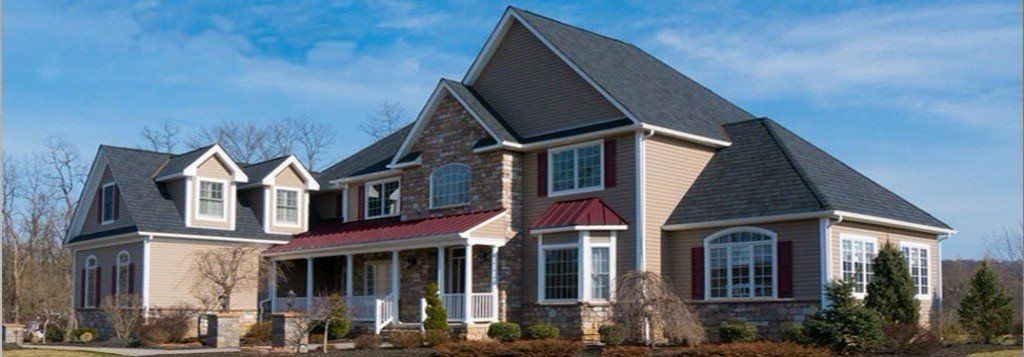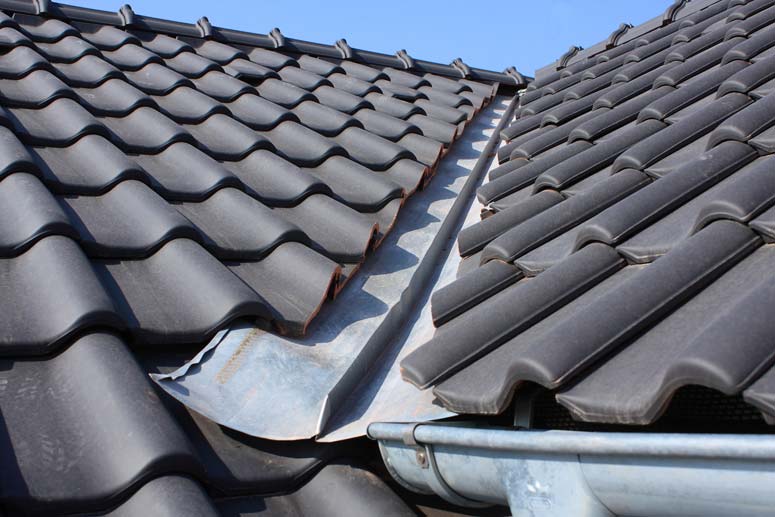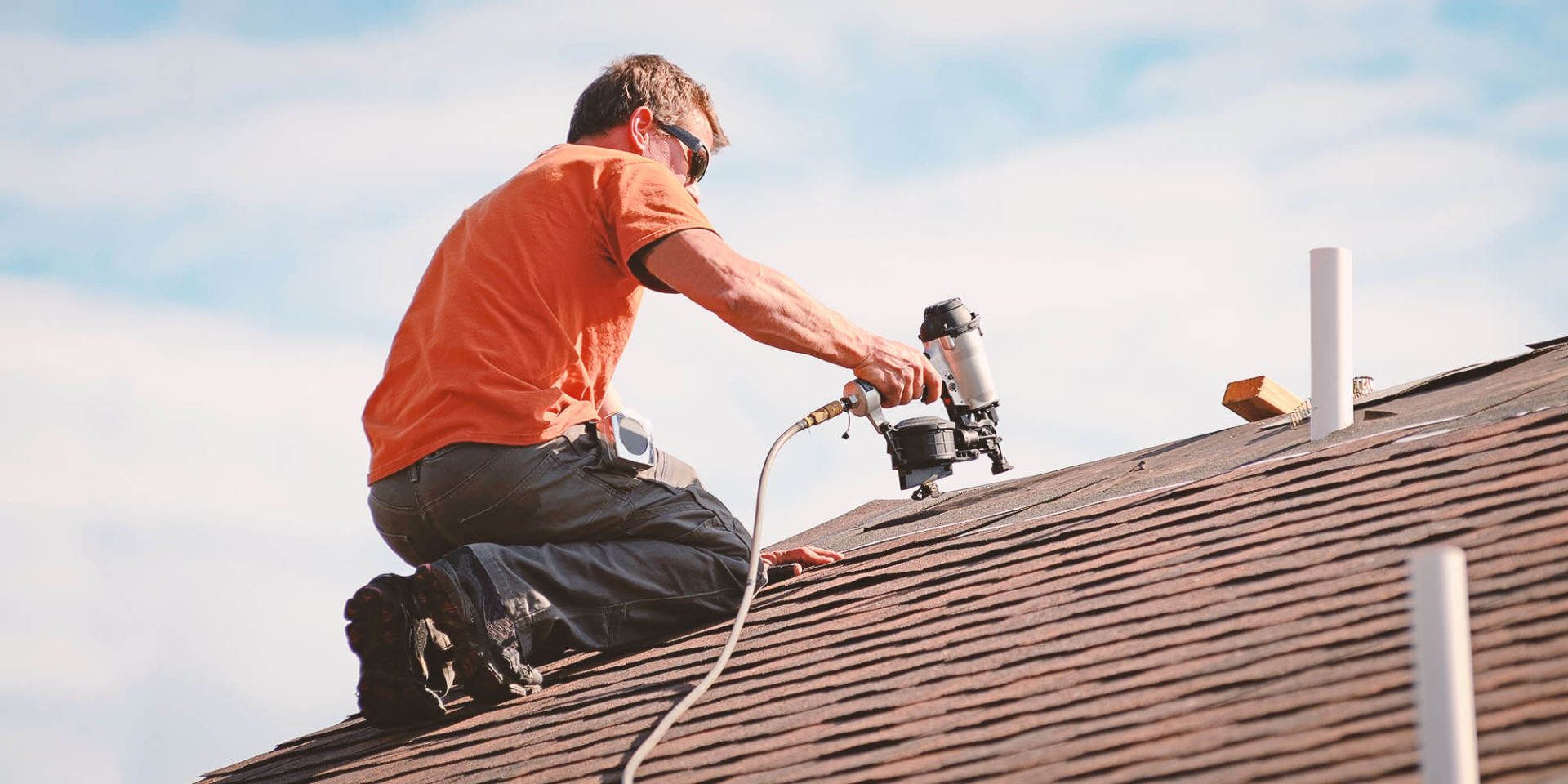All About New Jersey Roofing With Mike Holmes
All About Roofs With Mike Holmes

Speaker 1: It is time to welcome Mike Holmes to CityLine. It's been too long. Come on up here. How are you?
Mike Holmes: I'm good and how are you?
Speaker 1: It's good to see you.
Mike Holmes: Good to see you. You're looking good as usual.
Speaker 1: Well so are you. I mean, I immediately noticed the slimmed down version of you in these overalls. Right? He looks like he's lost a few.
Mike Holmes: Just a couple pounds.
Speaker 1: Just a couple pounds. You look great. Okay. We want to spend a little bit of time today talking about roofing, okay. We know that you are the premier dude when it comes to fixing the homes and making sure everything is up to code. So, a lot of things can go wrong with a roof. We have a whole bunch of pictures of roofing problems, and then we're gonna talk about some options for solving them. So, let's start here. What is going on in this picture?
Mike Holmes: Well that's critters. Critters can get in there nice and easy and once they get in, lemme tell you what squirrels can do to your attic. They'll chew on all the electrical in there, nevermind move all the insulation. That can cause a lot of problems. So, we've had a rough winter. This is the time to take advantage and look at your roof. Too many people concentrating on what? That new kitchen.
Speaker 1: I know.
Mike Holmes: Forget it. Start with the outside, protect the inside, then move inside and do the kitchen, bathrooms and I I don't care what you do. Start with the outside.
Speaker 1: It's tough to spend that money on the stuff that you actually need that isn't gonna be pretty.
Mike Holmes: If your roof looks like this?
Speaker 1: But you have to do it.
Mike Holmes: That's not good.
Speaker 1: What's wrong with that?
Mike Holmes: That is a very old roof. It's been beaten by the sun, it's been beaten by the weather. It's starting to fall apart and too many people don't actually do anything about the roof until it's starting to leak inside the house.
Speaker 1: Okay.
Mike Holmes: This is why we need to address it from the outside.
Speaker 1: Well I asked you that 'cause that's what my roof looks like. (laughs)
Mike Holmes: Well you need a new roof.
Speaker 1: Okay. Good to know.
Mike Holmes: This is what we call a close valley. So that's the valley in the roof and you're seeing where the shingles join. One under-laps, the other overlaps, and you can see it's starting to curl and that's probably from a lot of snow. Again, too much snow, ice dams. It can get up underneath it and create a lot of damage, so you need to look at the signs that are talking. Your house is talking like your kid saying "My stomach's upset."
Speaker 1: Fix me.
Mike Holmes: It's talking to you. Listen to it. Call in a New Jersey Roofer.
Speaker 1: Next picture we have up, if you take a look at this... What's the issue there?
Mike Holmes: The flashing around the chimney, you can see the caulking's pretty good, but what we're doing is pointing out this is a vulnerable point to the roof. A lot of times water can easily penetrate that brick. Actually in a rainfall it'll penetrate the brick right to the back side in two hours.
Speaker 1: Oh wow.
Mike Holmes: So, if water can in around that and back down again and you pull that off and look at the sheeting underneath it, you're going to see a possibility of a lot of rot. So places to look on your roof is definitely the chimney, vent stacks and vents on top of your roof.
Speaker 1: Okay. So you say if you're having any of these problems you actually need to call a roofer. Let's talk a little bit about how you find, hire the right person for that job.
Mike Holmes: Yeah. I've said this a million times. If you think a pro is expensive, wait till you hire an amateur. That's the truth.
Speaker 1: Right.
Mike Holmes: See. Now we can look underneath that, what it looks like and it's so... To do a new roof is on average five to ten thousand dollars and you wanna look at that, and that's really smart money. If you don't do it right the first time, and you wait and you wait too long, the damage comes in, you're talking mold growth on the inside of your home, water damage and that price is now gonna escalate to 30 to 50 thousand dollars, depending on the damage.
Speaker 1: Ouch. Might as well go buy a new house. Not that you could get one in Canada for 30 to 50 thousand dollars.
Mike Holmes: I say do it from the outside, then work your way on the inside.
Speaker 1: How are you finding a good roofer? What credentials are you looking for?
Mike Holmes: There's a lot of roofers on the market. And I mean, there's a lot of good roofers on the market, but there's a lot of roofers that people are jumping into the business especially when it rains, it pours. They're gonna come in and these guys are just not good enough. You wanna ask all the right questions. You know the standard. Are you licensed? Are you insured? Are you covered by WSIB? Really important questions, but things like, you know if I do a new roof, do you wanna take the shingles off? Do wanna go over top of them? I wanna hear them say, we strip it every single time so we can take a look at the sheathing. You know, how busy are you? Can you start tomorrow? No pros can start tomorrow, so you gotta pay attention to that.
Speaker 1: Okay. Let's talk about some options you might wanna consider once you've got your roofer. You're happy with who you have, you've checked their credentials. There're all sorts of different ways you can go.
Mike Holmes: This is key and I like that. Here's a designer shingle. People like that because it really looks nice, but it's an asphalt shingle and we're used to the standard cedar that you put on the roof. I don't do that. It's big out West. It's going to turn green and that's a mold growth, but I wanna talk about this shingle for a second. That's an oil based product. It's really going to use a lot of environmental oil, increase the price of oil, not to mention it's extremely flammable. If there's a fire next door, the embers come across, land down on the roof and your house burns from the roof down. It can actually burn from the top down.
Speaker 1: Do most people have this? Like is it...
Mike Holmes: Almost everyone has an asphalt roof. I'm against it. We can move up to the latter and we can go into a clay tile. It's fake. This is manufactured, man made. It will last a long time, good on the winds. We can move into the metal roof, which I'm really big on. This you gonna see on a lot of barns, a lot of farms and it's just your standard... You've seen it. Long pieces of steel that come down, joined and ribbed vertically. Here's the big one that I wanna talk about.
Speaker 1: You love this one the best?
Mike Holmes: I do. The metal roof on the [inaudible 00:05:11]... And it looks like the shingle so you can make it look like shingles. The reason I wanna talk about the metal is it's guaranteed to last 50 years. Now a lot of people say to me, from asphalt to metal, especially one like this is gonna be two and a half to three times the cost.
Speaker 1: Right.
Mike Holmes: Don't look at it that way. If you look at how long that roof is gonna last, it's not going to last you a long time and bang for your buck, you're going to lose. You'll be replacing your roof three times with using this, compared to this, and right now that tells you, for the money this is where you go, and it's fire rated.
Speaker 1: How long is that gonna last you?
Mike Holmes: 50 years, takes the highest winds. This is a ceramic that's on top of this. It's a galv aluminum product, so it's going to last minimum 50 years.
Speaker 1: Okay. You know, excuse me if I wasn't asking the right questions. I was distracted by the bling in your ear.
Mike Holmes: Oh sorry about that.
Speaker 1: Look at that. They're awesome. Can I borrow them after?
Mike Holmes: Sure.
Speaker 1: We maybe do an exchange?
Mike Holmes: This is for my dad. This is for New Orleans.
Speaker 1: That's very cool. I like that. Listen, great information on the options out there. We love having you on the show. It's always good information. I think we really respect the fact that you keep everything to code. People are building at a crazy rate right now, so it's nice to know that people are following rules. Right?
Mike Holmes: Or above code. Maybe that's a minimum.
Speaker 1: That's the Mike Holmes way, right?
Mike Holmes: Yes.










